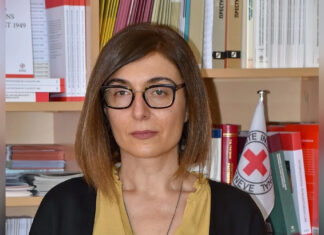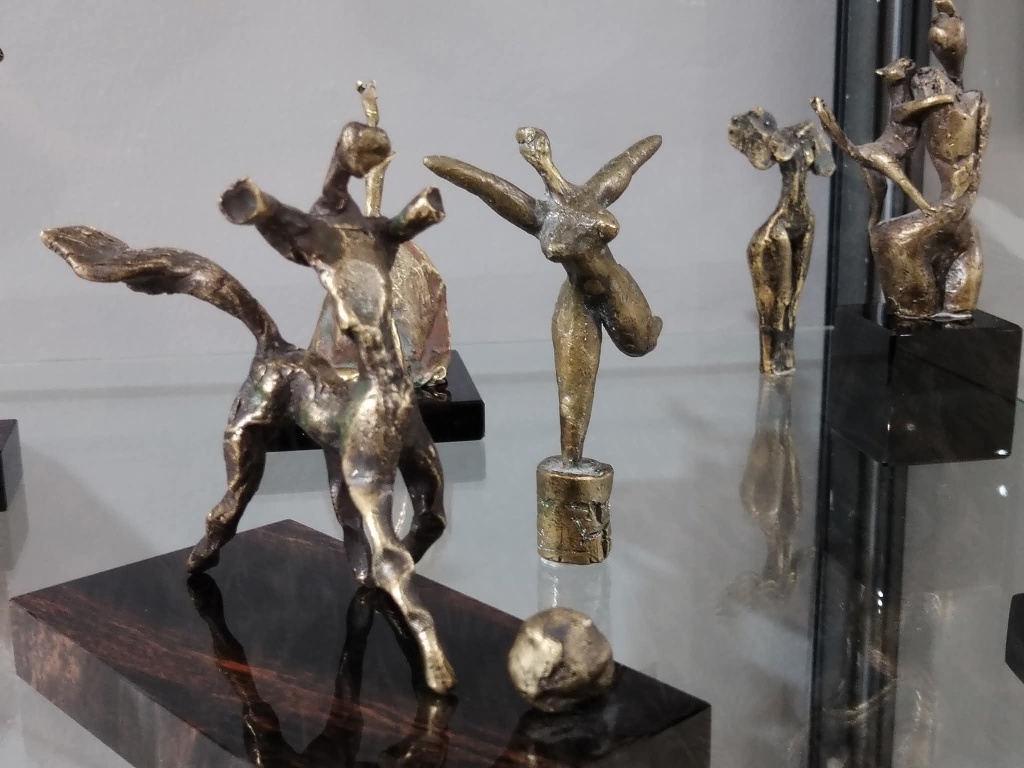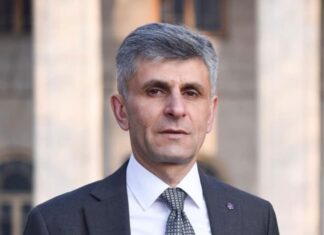(Note: This article was already completed when news of Recep Tayyip Erdogan’s health issues spread at lightning speed, but the Turkish president is still considered the main contender for the office.)
There are only a few weeks left until the presidential elections to be held in Turkey. Various polls are being conducted on the main results of the elections to be held in May. For example, according to the results of reliable opinion polls by the leading European media outlets, one of the main candidates, Kiliçdaroglu is leading by a single digit, which means that a second round of elections is a possible scenario. Erdogan’s chances of winning in the second round are estimated to be higher, taking into account the participation of third candidates who are “stealing votes” from the opposition. Expert and academic circles, in contrast to sociologists, estimate Erdogan’s chances more highly, given the administrative levers that the current authorities can and will most probably use, which cannot be reflected in the polls.
Despite all this, attention should also be paid to the interests of external players, which will be the main topic of this article. It is necessary to present the interests and principled approaches of global players, such as the US and Russia, regarding the upcoming Turkish elections. This will allow us to correctly assess the trajectory of Turkey’s foreign policy according to the election results.
The West
First, it should be noted that Western political circles still consider Turkey a strategic ally — a bad ally, but an ally. In these circles, there is the opinion that Turkey is sort of a “prodigal son” who left, but one day will definitely return to the “big family” of the North Atlantic Treaty Organization (NATO), and the West and Western capitals should work actively for that purpose. There is also a claim that Erdogan’s Turkey seeks to minimize Western collective influence on itself and its economy, the goal of which is to be able to do whatever Erdogan wants to do in the Middle East, the South Caucasus, Central Asia, and its relations with Moscow. Among these circles, there is the position that the West should work with Turkey, not allow the final divorce from the West and flirtation with Russia.
Undoubtedly, it would be preferable for the collective West to have a pro-Western figure in Turkey with whom it would be possible to work without additional headaches. It is also obvious that Erdogan does not fit into that logic. For example, it is noteworthy that US Democratic presidential candidate Joe Biden called on the Trump administration to work more actively with the Turkish opposition, and the most aggressive and weighty wing of the US Republican Party, represented by John Bolton, Jeb Bush, and other figures, formed the so-called “Turkish Democracy Project,” which in Turkey is considered an anti-Erdogan movement. In other words, there is a unique consensus in the US that Washington needs Turkey without Erdogan, but with a more pro-Western and dependent political leadership.








